Six Takeaways from “Crypto Regulation: Are Service Providers and Users Ready?”
On 25 November 2022, Sophie Nappert and Sean McCarthy were joined by Racheal Muldoon (Maitland Chambers) to talk about digital asset regulation and her busy practice in this burgeoning field.
Here are six takeaways from their discussion:
The United Kingdom Jurisdictional Task Force (UKJT) has been leading the charge in the English courts on quite a few issues around the legal recognition of digital assets, not least in its Legal Statement of November 2019, wherein it called for certain cryptoassets to be viewed as property for the purposes of English law. Since its publication, several leading cryptoasset cases before the English courts have cited the Statement with approval (e.g. AA v Persons Unknown [2019] EWHC 3556 (Comm)).
There is a clear delineation under current UK legislation between the types of crypto tokens (and thus the crypto-asset service providers) that come under regulation and those that do not. There are 4 types of crypto token for these purposes: (1) security tokens; (2) utility tokens; (3) exchange tokens; and (4) e-money tokens. Thus, while security and e-money tokens and the service providers that deal in them fall under the regulatory supervision of the UK Financial Conduct Authority, those working with utility and exchange tokens do not.
The UK Law Commission published its Consultation Paper on Digital Assets in July 2022, and in it has proposed some very progressive changes to the traditional principles of property law when it comes to digital assets. One of the most fundamental changes is the creation of the idea of ‘control’ instead of ‘possession’ concerning those assets. “Data objects” may be subject to control by a number of actors (custodians such as crypto exchanges, token marketplaces etc.) and therefore this new proposal would, for example, create rights and obligations on these actors as well as streamline the practical application of legal reliefs over them.
Racheal views English judges as being very much open to learning and keeping pace with the evolution of these new areas of technology, and to employing the flexibility of the common law to make common sense decisions in cases where there is little to no settled jurisprudence.
Despite the strength of the English common law approach, a further UK legislative framework will be needed around different aspects of digital assets, including in consumer protection, criminal law and various other fields. The difficulty will be in how fast this legislation can be introduced in response to the problems the fast-paced crypto industry create, and the inevitable innovation that continues every day.
In the context of speed, Racheal gave examples from her practice where digital assets have been moved by unknown defendants in real-time during hearings, and the need for practitioners (and judges) to be capable of dealing with these circumstances with corresponding immediacy. The key, in Racheal’s experience, is to deal with these assets and gain the legal reliefs from the courts as quickly as possible, with the plan always in mind to be able to react quickly and effectively if things change.
